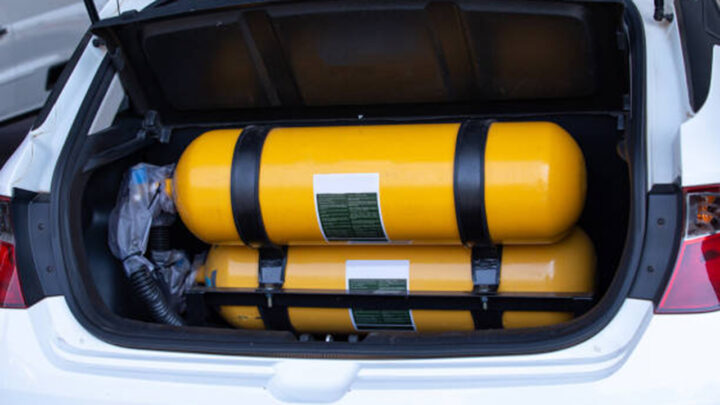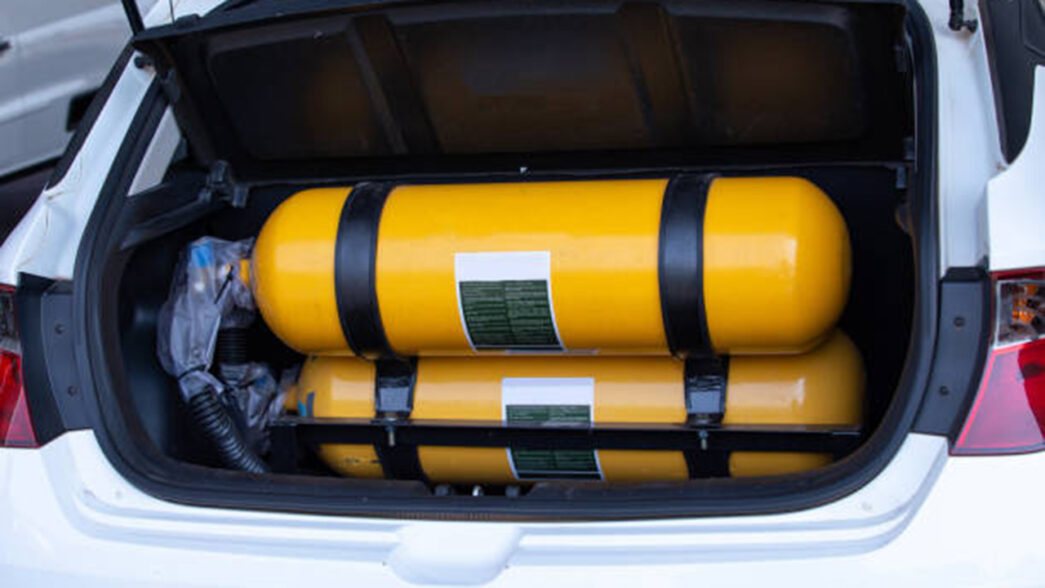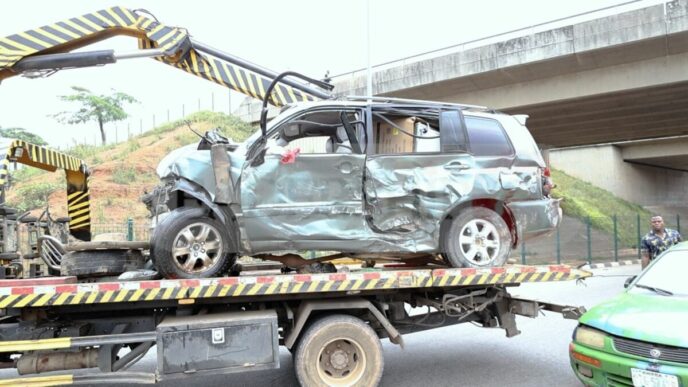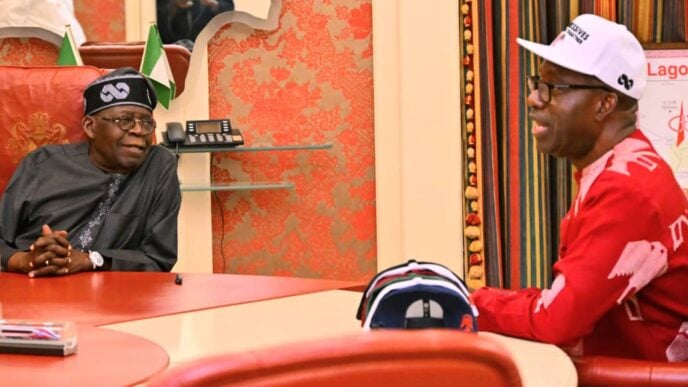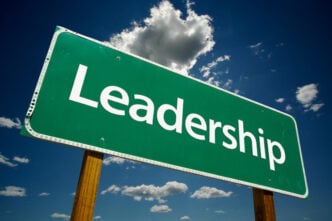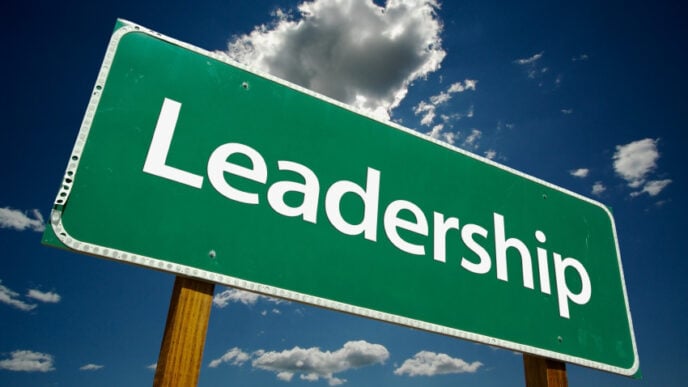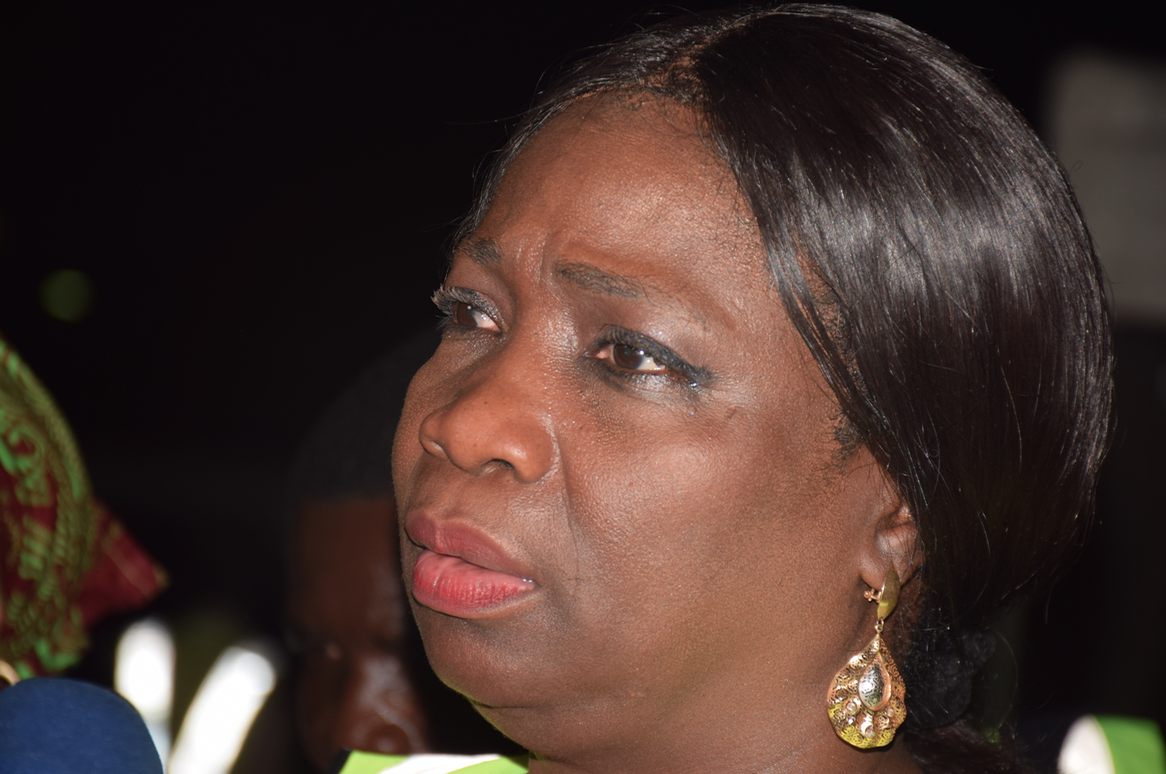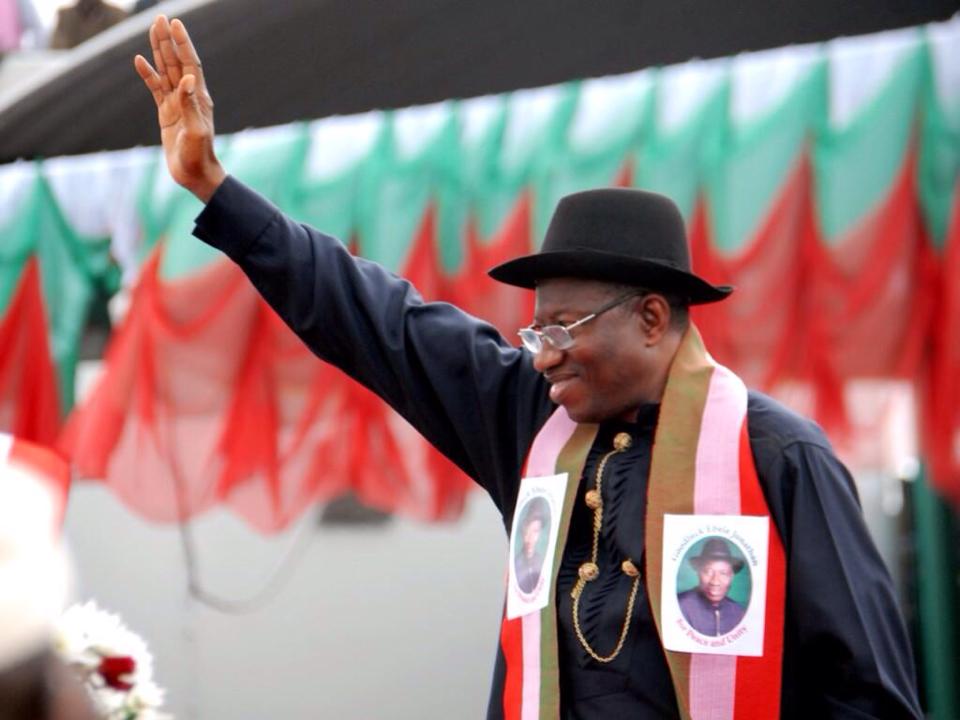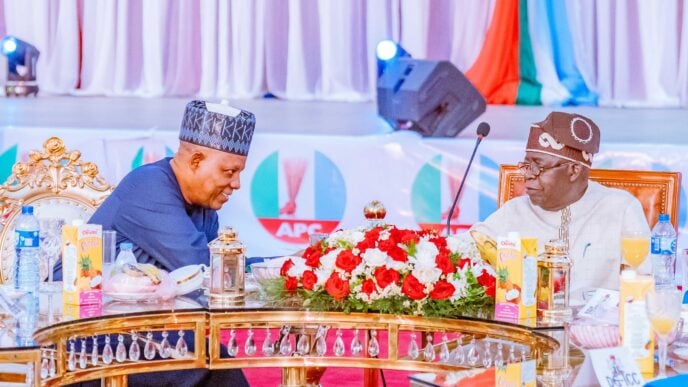When compressed natural gas (CNG) was being sold at N230 per standard cubic metre (SCM), it was marketed as the people’s alternative to expensive petrol. It was cheaper, cleaner, and supposedly shielded from the subsidy politics that has haunted Nigeria for decades. But this week, the promise dimmed: the price jumped by N150 to N380 per SCM in Lagos, Abuja, and Ogun, with outlets such as NIPCO and Mobil retailing at the same level.
The timing could not have been worse. Nigerians, already grappling with petrol above N1,000 per litre, had looked to CNG as an escape route. Now, with prices rising sharply, questions about affordability and trust in the transition loom large. The Presidential Compressed Natural Gas Initiative (PCNGI) was quick to distance itself, saying the adjustment was a private sector decision, not a government directive. Yet, the echoes of history are loud: Nigerians have been here before, through kerosene subsidy removals, LPG volatility, and the eventual unravelling of petrol subsidies.
Fuel in Nigeria has never been just another commodity; it has been a vital resource. It is a social contract, a political bargaining chip, and, in my opinion, a spark for unrest. In 2012, for example, when former President Goodluck Jonathan attempted to remove fuel subsidies, the country erupted in the Occupy Nigeria protests.
His government had earlier argued that kerosene subsidies were draining public finances without truly reaching households, since middlemen and black marketers cornered the benefits. By 2016, kerosene subsidies were scrapped, but households never forgot the burn of higher prices. Liquefied petroleum gas (cooking gas) followed a similar path: once seen as a cleaner, subsidised domestic fuel, its price shot up after deregulation, leaving many households stuck between firewood, kerosene, and gas cylinders that emptied too quickly.
Advertisement
Compressed natural gas was meant to break this cycle. President Tinubu, after declaring the end of petrol subsidies in May 2023, promised a cheaper, sustainable alternative. PCNGI set ambitious targets: 150,000 vehicle conversions within a year, 1 million by 2027, and thousands of new filling stations nationwide.
At N230 per SCM, the case was compelling. A bus driver in Abuja could save nearly 40 percent on fuel costs, cushioning the pain of higher transport fares. For once, it looked as though Nigeria’s abundant gas reserves would serve its people, not just foreign markets.
But this week’s price hike jolts that optimism. If the so-called alternative is creeping towards the same affordability trap as petrol, how different is it really? PCNGI’s explanation that private operators made the call raises another uncomfortable truth: liberalisation without regulation can expose consumers to arbitrary pricing. For decades, that was the justification for subsidies—government would step in to “protect” citizens from market shocks. Now, with that cushion gone, both petrol and CNG users are fully exposed to the volatility of costs, infrastructure gaps, and profit-driven markups.
Advertisement
The parallels with kerosene and cooking gas are telling. When those subsidies disappeared, no robust regulatory framework was built to protect end users. Prices rose, the poorest were hit hardest, and trust in reform collapsed. The same risk now hovers over CNG. Unless transparency and consumer safeguards are embedded, Nigerians may come to see CNG as yet another broken promise—a rerun of the subsidy era under a different name.
What kerosene taught Nigeria, CNG may teach again: that without proper planning, fuel reforms almost always end with citizens paying the highest price.
Yet, the lesson is not that subsidies must return. The fiscal burden they created was unsustainable, with trillions of naira vanishing annually into opaque accounts. Rather, the lesson is that transitions need guardrails. If government is urging citizens to embrace CNG, then it must also ensure that pricing, supply, and safety are not left entirely to chance. The tragedy of kerosene and LPG deregulation was not deregulation itself, but deregulation without buffers: no incentives for local production, no consumer protection, and no targeted support for the most vulnerable.
CNG has potential to avoid that fate. Nigeria flares billions of cubic metres of natural gas each year—gas that could power vehicles, reduce emissions, and cut imports. The infrastructure challenge is real, but solvable with the right partnerships. The price challenge, however, strikes at the heart of public confidence. If prices keep spiking this early in the transition, then adoption will stall, and the dream of one million converted vehicles by 2027 will fade into yet another unfulfilled projection.
Advertisement
Nigerians are pragmatic. They know energy reform is painful. They lived through petrol queues, kerosene scarcity, and LPG surges. But what they demand is honesty and consistency. If CNG is to succeed, government cannot hide behind private operators when prices rise. Nor can it allow the product to drift into the same boom-and-bust cycle that made petrol subsidy a political landmine. The difference between a reform that endures and one that collapses lies in whether ordinary people can see real, lasting benefits in their daily lives.
This moment is decisive. Nigeria’s fuel story is at a crossroads: repeat the mistakes of kerosene and gas subsidy removals, or chart a genuinely new path with CNG. The price spike to N380 is more than a market adjustment. It is a warning that the future of the alternative fuel hinges not just on availability, but on affordability and trust. Without those, Nigerians may conclude, once again, that in the country’s fuel sector, change is just another word for déjà vu.
You can reach Victor Ejechi on X (formerly Twitter) @victorejechi
Advertisement
Views expressed by contributors are strictly personal and not of TheCable.

